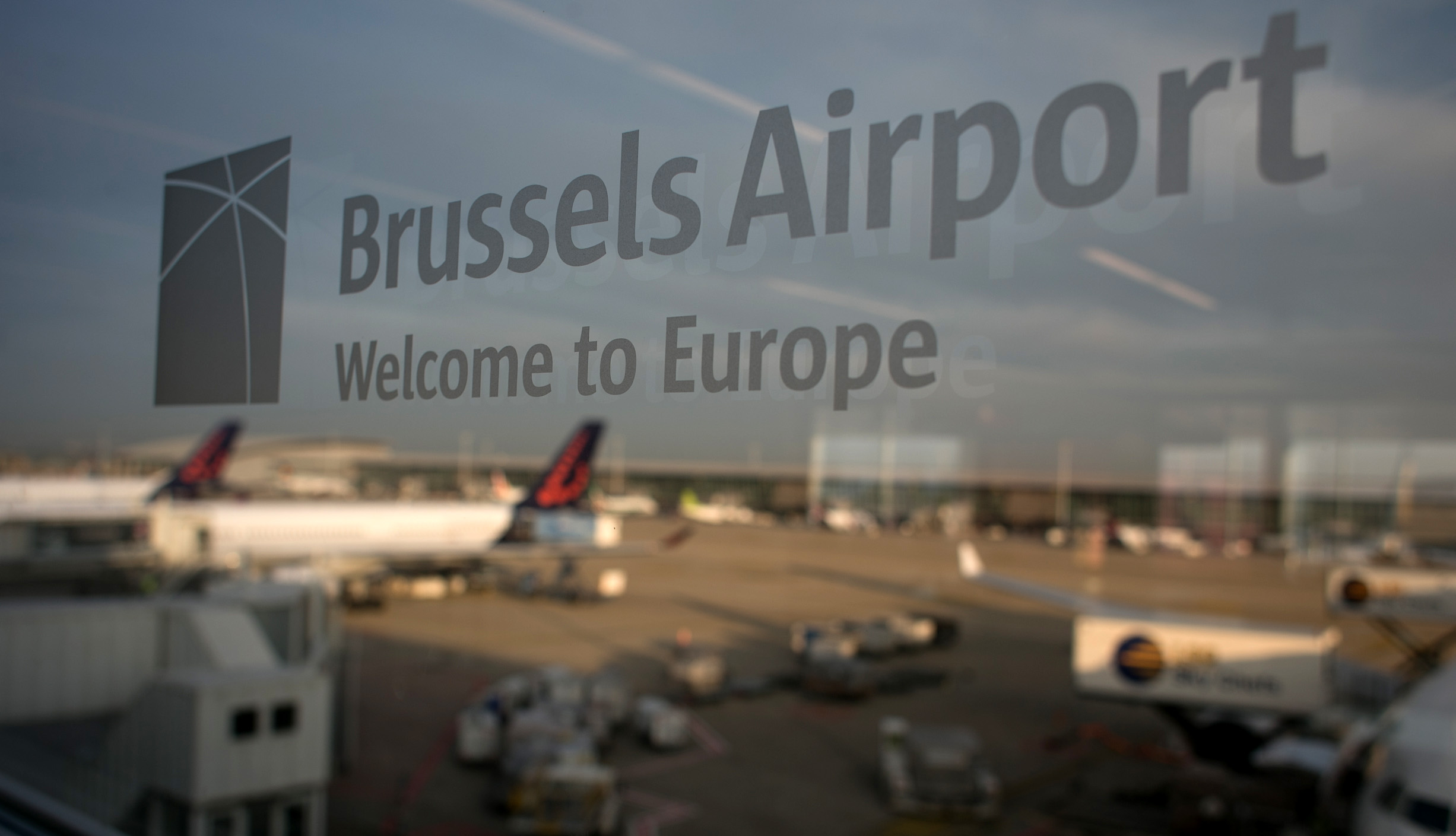Brussels Airport is ready for the safe restart of commercial aviation and has been selected as one of the pilot airports by EASA (European Union Aviation Safety Agency) to implement operational recommendations linked to Covid-19.
1. Systematic Body Temperature Checks
This is one of the key elements when the passenger activities are resumed. As of June 15th, Brussels Airport will have thermal cameras in operation, which are the safest, fastest and most reliable way to identify persons with elevated body temperature. They also help detect passengers who fail to wear a face mask.
The cameras will be placed on the curb in front of the departures hall, to check all passengers before they enter the terminal. Persons with a body temperature of more than 38°C may be denied access to the terminal.
For arriving passengers, a mobile body temperature monitoring unit will be put in place. “The system of body temperature checks comes in addition to all the health measures already taken to travel at ease”, said Arnaud Feist, CEO of Brussels Airport.
To guarantee everyone’s safety, we have been placing and testing the system that will monitor passengers’ body temperature as of Monday 15 June 🌡️ #safetravel. More info ➡️ https://t.co/bdX7amWXE0 pic.twitter.com/ls51kZsqMo
— Brussels Airport (@BrusselsAirport) June 12, 2020
2. Access To The Terminal
Persons who are not traveling or working at the airport, will not be allowed to enter the terminal.
3. Social Distancing
Social distancing must be observed at all times. Brussels Airport has put in place hundreds of stickers and posters on the floors and walls. Additional queueing barriers will also be set up in the terminal.
The wearing of a face mask is and remains mandatory since the 11th of May. Brussels Airport advocates contactless processes, e.g. for payments, checking in and boarding.
4. Hygiene, UV Sanitizing Technology and Disinfection Robot
Hand sanitizer dispensers are available around the terminal. Brussels Airport has increased the cleaning and disinfection frequency for baggage trolleys and the trays at security screening, as well as the sanitary blocks and the general infrastructure.
At the check-in rows, additional mobile units will be installed where people can wash their hands. Frequently touched surfaces such as vending machine keyboards and door handles in the sanitary blocks will be given a self-disinfecting coating that kills bacteria and viruses.
Another safety measure is the use of UV sanitizing technology to disinfect trolleys, as well as the use of a robot to disinfect the floors.













